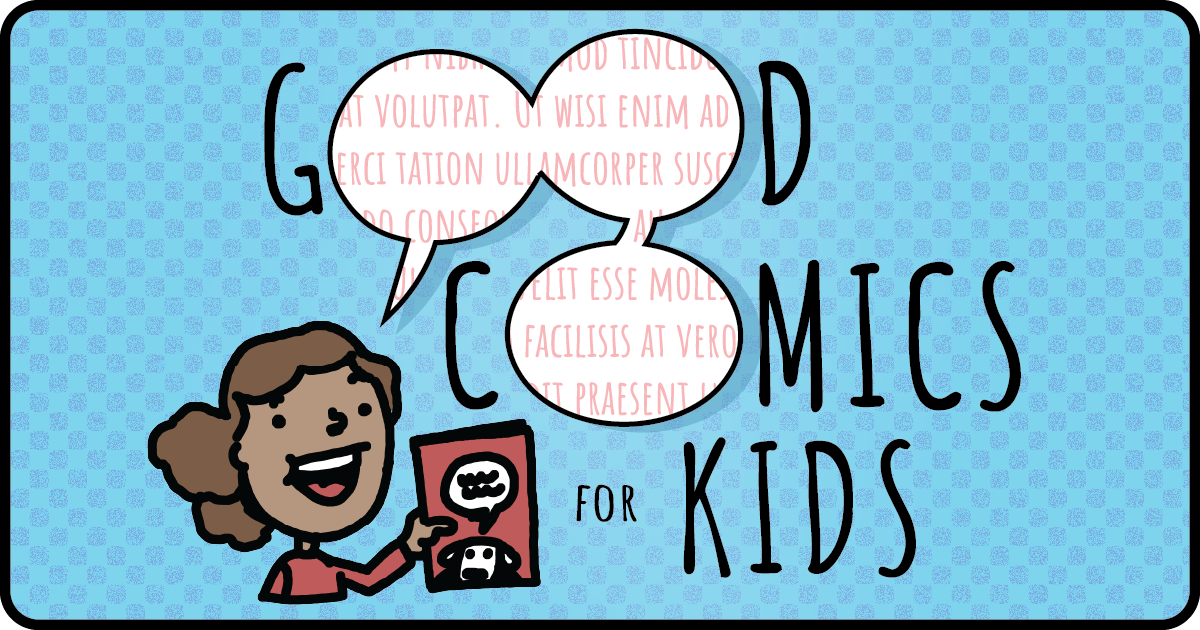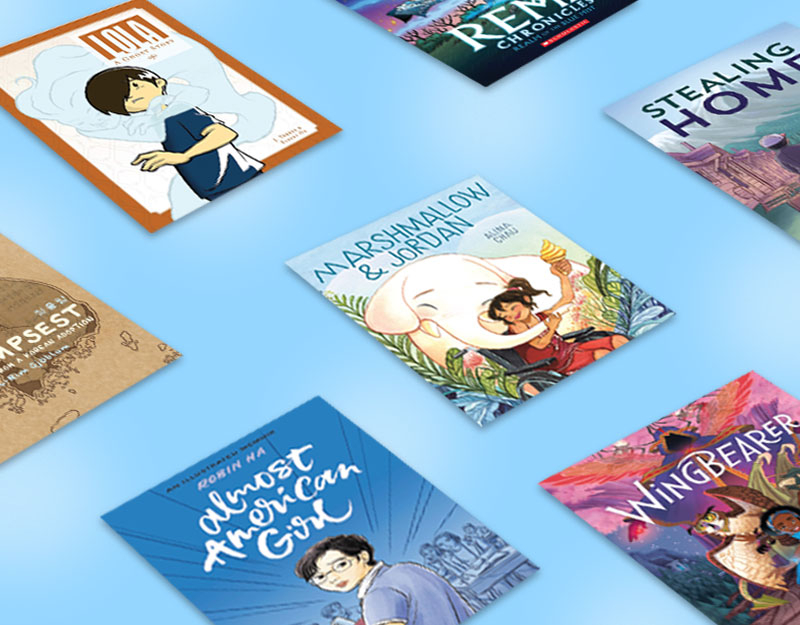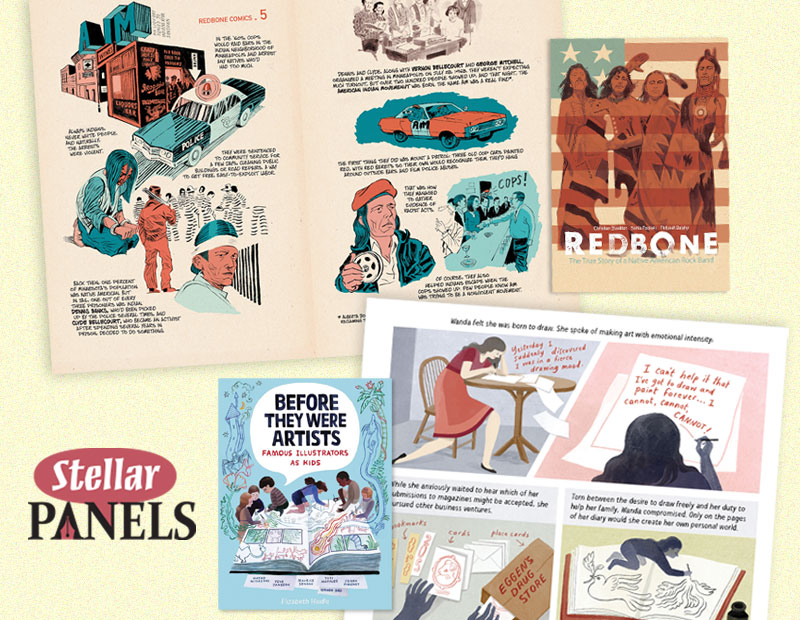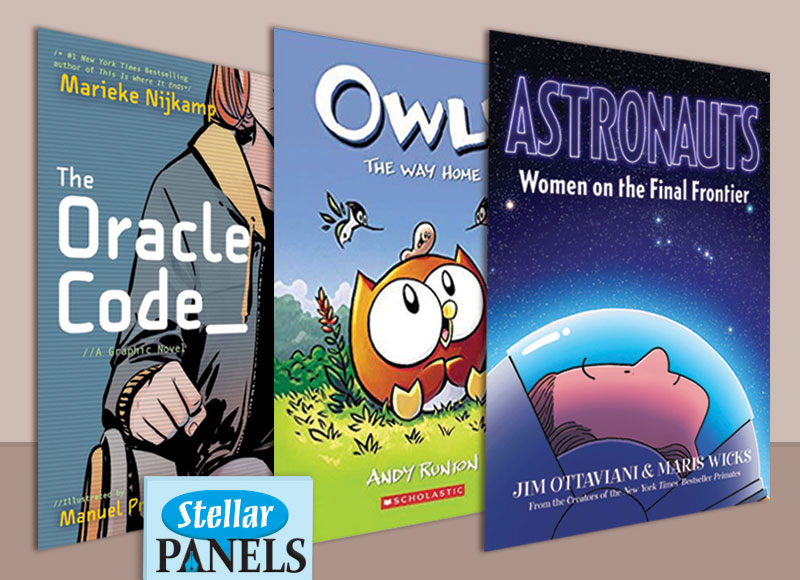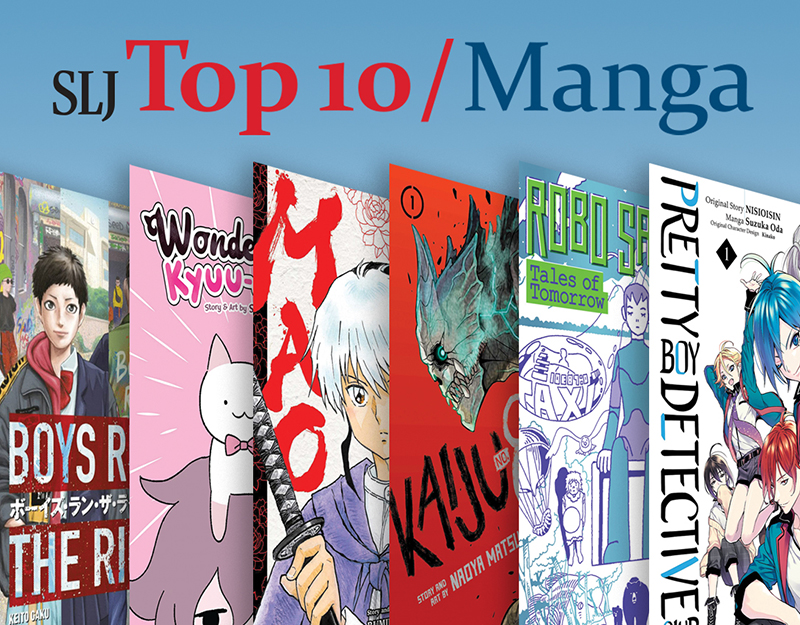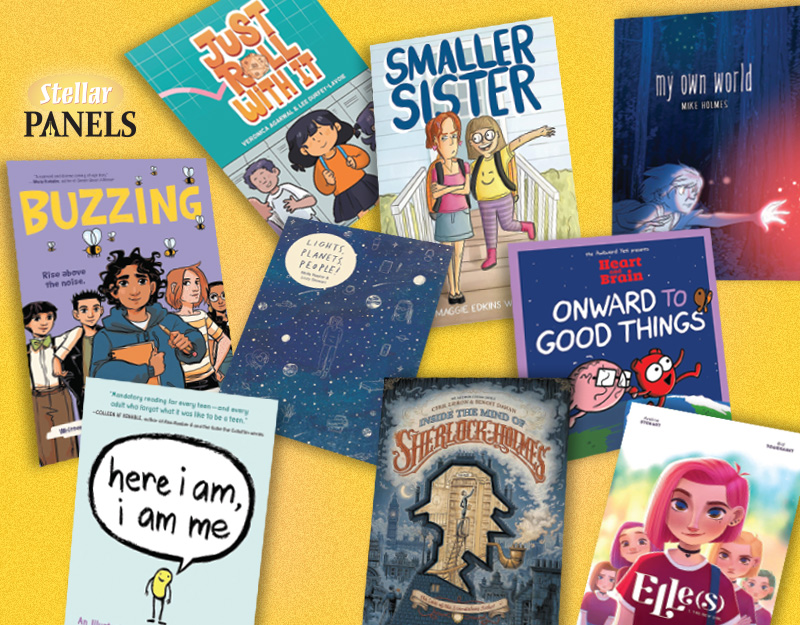
Interview: Carla Jablonski
It was sometime last year that Resistance by Carla Jablonski landed in my mailbox. To be honest, I fell into the old cliché… don’t judge a book by its cover. I just didn’t want to read it. For whatever reason, this didn’t appeal. I’m so glad I got over myself, because I would have missed a fabulous story. Then to my delight, I found out that Resistance wasn’t a one volume story. It was slated to be a trilogy. Part 2, Defiance, was released in July.
To gain a little insight to the story and the author, I interviewed Carla Jablonski via e-mail.
Esther: Congratulations on the success of Resistance (A Sydney Taylor honor!) and the second book in the trilogy – Defiance. Did you always plan for this to be a trilogy?
ADVERTISEMENT
ADVERTISEMENT
Carla: Thank you so much!
Yes — from the beginning my concept was to start when France was only partially occupied, though still under the Vichy government and German rule, and to end with the liberation of Paris. I was interested in the long-term effects of occupation, not just the sudden shock of it, and also at the way things changed as the war itself changed and how that affected everyday life.
Esther: Most stories about the Holocaust and WWII focus on the Concentration Camps, stories of hiding, survival, and even escape. Very few talk about the resistance movement. Why did you choose to tell this particular story?
Carla: Partly for that very reason. As an American what I learned about WW II in school was primarily about the Holocaust and American intervention and heroism. Obviously, that’s important history, but I was interested exploring other histories too. I wanted  to try to understand what it might have been like to live under occupation — ordinary people in not-so-ordinary circumstances. There have already been wonderful and moving stories in many media about the Holocaust and about U. S. soldiers, so I didn’t feel the need to bring that story to life again.
to try to understand what it might have been like to live under occupation — ordinary people in not-so-ordinary circumstances. There have already been wonderful and moving stories in many media about the Holocaust and about U. S. soldiers, so I didn’t feel the need to bring that story to life again.
Esther: Was there someone close to you who went through the war? Did that influence Resistance at all?
Carla: My father served in the army during WWII (primarily in the Pacific). More important to this trilogy, though, is that he wrote many non-fiction books about WW II (among other subjects). I learned so much about how to research, the importance of truth even (or maybe especially) in fiction, and the power of details from him — as well as how to be disciplined as a writer. Of course, his area was quite different (he concentrated on the American effort and the air wars) so sadly I couldn’t really use his books as a resource other than very generally. But the stories he told of his time in the war as a nineteen-year-old also made me see war as something that happened to real people. Ordinary people. Young people. It was alive for me, not just something in books.
Esther: Your previous writing experience isn’t in comics. How was writing Resistance different than your other projects?
Carla: What was most surprising was that it wasn’t that different. Story is story — it begins with an idea, with characters, relationships, has an arc, obstacles, conflicts, resolutions — no matter what form it’s told in. I have written plays, so I have an understanding of using only dialogue and gesture. And like most of my projects, I started with research, reading many many comics and graphic novels as well as books on writing in that form. I also took a drawing class to help train myself to think more visually, to think in terms of pages.
Esther: I’m wondering, why you chose to tell this particular story in comic form? Why not prose?
Carla: That’s a great question — and it’s one I ask myself with every new story idea I have:  Is this a play, prose, or should it be in comic form?
Is this a play, prose, or should it be in comic form?
I had two reasons: one having to do with the form and readers, and the other about this specific story. I have done a lot of work (as a writer and an editor) in the mass-market middle-grade arena and I feel that if a book of mine convinces a kid that opening a book and turning pages is just as fun as clicking, shooting, scrolling, or surfing, then I’ve done a good thing. Graphic novels and comics can appeal to readers who may just not be that drawn to books. And as a lover of historical fiction — even as a kid — I thought the form might be a good way to write the kind of material kids might be intimidated by or think will not be relevant to them — and prove them wrong!
For the Resistance trilogy in particular, I knew I wanted to follow the experiences of several characters, and that the comics form would allow me to do that effectively and efficiently. I also wanted to find a way to explore the characters’ inner turmoil and interpretations of events that might differ from what is being externally presented. I love contradictions, and being able to do that visually is very powerful. That’s how I hit on the idea of Paul being an artist. I could show his feelings about what was happening, as the drawings of the Nazis as monsters destroying his world on the opening pages of Resistance Book 1 do, for example. And I found myself loving the way a comics page can work on so many levels because it’s words and images storytelling together.
Esther: What were your expectations and biggest fears when delving into this new format?

Carla: I think my expectations and my fears were the same thing! That my ideas wouldn’t translate into pictures, that I wouldn’t know how to do this! Luckily it didn’t turn out that way…
Esther: You collaborated with Leland Purvis on this project. You wrote and he drew? Can you describe the process? Do you write first or does he draw first? Did you meet or do it virtually?
Carla: Leland was a great partner in this process – he had more experience than I did and I was able to ask him questions without him laughing at me! (At least, not to my face…) I wrote the script first, and most of the work (though not all) was done virtually. Because of Leland’s expertise and our complete agreement on the look, the feel, and the imagery I left many decisions to him. Rather than giving Leland extremely detailed panel descriptions, I broke the script into pages. This established a rhythm and pace, but gave him a lot of freedom. There were some situations where I was very specific (like the art in the sketchbook pages), or indicated full page or double-page spreads, but he had a lot of leeway.
Esther: Can you describe the research you had to do for this project? Did you go to France as a part of the research process?
ADVERTISEMENT
ADVERTISEMENT
Carla: Oh, how I wish I had been able to go to France! I had even looked into tours of important WW II sites from a French perspective. But I just couldn’t afford it. Sigh. So instead I did a massive amount of reading — mostly memoirs and histories, as well as looking at films, videos, and images. In addition to learning more about the Resistance, the history of France in this period, and war strategies, I also read up on wine-producing in the region, fashion, education, and more. Anything to give me a deeper understanding and fuel my imagination.
Esther: What was your reaction when you heard Resistance garnered such a prestigious honor? Were you expecting this at all?
Carla: It really was a fantastic surprise! What I am particularly amazed — and honored — by is that Resistance wasn’t judged in a separate graphic novel category, it was read with all books in its age group. And after reading all the other winners, I’m very proud to be in such great company.
Esther: What’s on your comics/graphic novels reading shelf right now?
Carla: Whenever I start a new project (or get stumped) I reread Scott McCloud’s Making Comics and Understanding Comics. I just read Hereville: How Mirka Got Her Sword by Barry Deutsch (Sydney Taylor gold-medal winner), and the incredible (and incredibly different from Hereville!) Mother, Come Home by Paul Hornschemeier.
Esther: What’s on the horizon? Will you be writing more comics after you finish this trilogy?
Carla: Definitely! I really fell in love with the form. I have several graphic novels in the works — both quite different from Resistance, and from each other! (one fun middle-grade, one serious adult). And I’m still working on novels and plays. I’m ALWAYS busy!
Filed under: Interviews
About Esther Keller
Esther Keller is the librarian at William E. Grady CTE HS in Brooklyn, NY. In addition, she curates the Graphic Novel collection for the NYC DOE Citywide Digital Library. She started her career at the Brooklyn Public Library and later jumped ship to the school system so she could have summer vacation and a job that would align with a growing family's schedule. On the side, she is a mother of 4 and regularly reviews for SLJ. In her past life, she served on the Great Graphic Novels for Teens Committee where she solidified her love and dedication to comics and worked in the same middle school library for 20 years.
ADVERTISEMENT
ADVERTISEMENT
SLJ Blog Network
2024 Books from Pura Belpré Winners
In Memorium: The Great Étienne Delessert Passes Away
Parsing Religion in Public Schools
Finding My Own Team Canteen, a cover reveal and guest post by Amalie Jahn
ADVERTISEMENT

